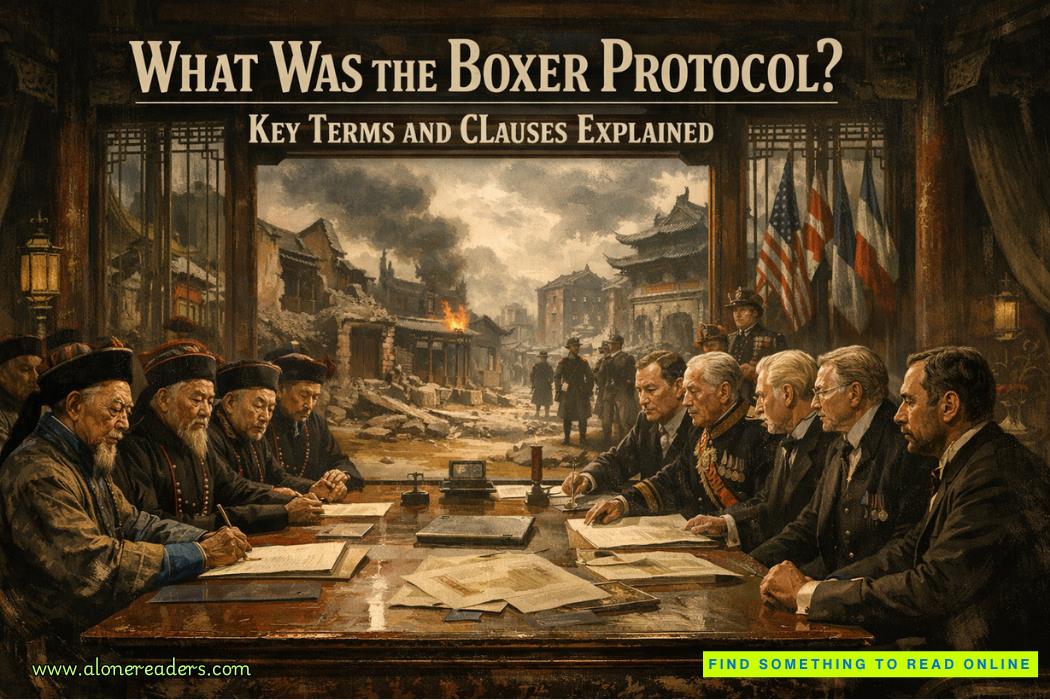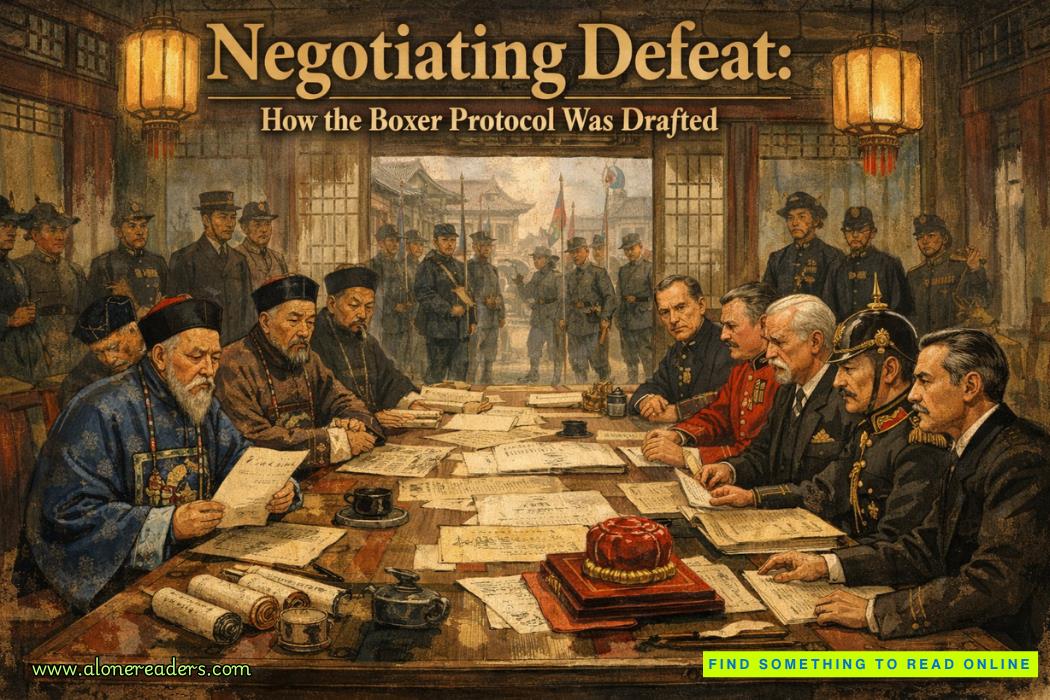Chapter 1
London, 1816
After several minutes of banging, Molly Trenchard opened the door to her shop.
“Madam, I require your assistance,” said a gloriously attired gentleman currently taking shelter from the rain under the eaves, his face partially hidden by a scarf.
“I fear the shop is closed now, sir,” she said. “We’ve been closed since the death of my husband last week, but we’ll be back to whipping up trousers on Monday.”
He stepped closer to her open door, the light from inside illuminating his face.
She knew him.
Lord Banastre Lascelles, known to all of fashionable London as Bonnie. Not to be confused with Little Boney, Napoleon Bonaparte, forcibly retired to Saint Helena. Unlike the former Emperor of the French, Bonnie was unlikely to lift a finger for any cause, neither helpful nor harmful to his fellow man.
As the fifth son of a , his role was to merely exist and most decidedly not produce any new, costly shoots of the family tree. Neither an heir or spare, he was a drain on the dynasty rather than an asset; his income was modest while his taste for luxury was ducal. His solution to the conundrum was to strut about town attired in the first fashion and leave the settlement of bills to exasperated tradesmen, his secretary, and His Grace, his father.
Molly was one of those tradesmen.
She grabbed him by the elegant scarf. “You owe me money, and my letters have gone unanswered. I trust that you’re here to settle your bill?”
He removed her hand, roughened by tailoring tanned hides, from his attire and walked into the shop as if invited.
“Arousing as your greeting is, I am in fact not here to settle the bill for last year’s pantaloons, I fear. I have just today been pickpocketed, and I find myself entirely without funds,” he said.
“Then why show your face here?” she asked, amazed at his gall.
“I find myself in need of assistance,” he said.
“You’d like me to assist you? When you routinely delay payment on my materials and labor for so long that I keep demand letters to you drafted in my study?”
“You see, it’s something of a serious matter,” he said, turning his cane so that the silver fox head glinted in the candlelight.
“What serious matter could require the assistance of the woman who makes your pantaloons?” she asked, bemused.
Bonnie folded himself into a chair used for waiting customers during shop hours, pulling the elaborate scarf from his neck.
“You see, it began when I was given a living in Great Snoring,” he said.
“Great Snoring,” she repeated.
“Yes, yes, unfortunate name, even more unfortunate place. What’s important is that I was given the living there. As vicar,” he said, in case she was unfamiliar with how ecclesiastical professions worked for less valuable aristocratic sons.
“I had no idea you were a man of religion,” she said, trying to remember if she’d ever heard of Bonnie Lascelles discussed as a man of the cloth in any of the gossipy interactions that happened daily in her shop.
“I am decidedlynota man of religion,” he said while fiddling with his quizzing glass, “which is one of many origins of the problem. The other is that I was given a stipend to support myself in Great Snoring, but one insufficient to support the curate that would do the actual preaching there while also funding my adventures here in the capital.”
“I find it difficult to sympathize with a man who is forced to work,” she said drily.
“And I did attempt to make the best of it!” he said. “I took up my post, having been driven up to Norfolk by my father’s man of business, and preached one Sunday. I thought it went rather well, all things considered, but the parishioners — close-minded people! — drove me out.”
“The people of Great Snoring took up pitchforks to drive out an aristocrat?” she asked dubiously.
“They complained to the bishop,” he said.
“And what was the substance of their complaint?”
“They found my accounts of sin too detailed for Sunday service,” he said.















